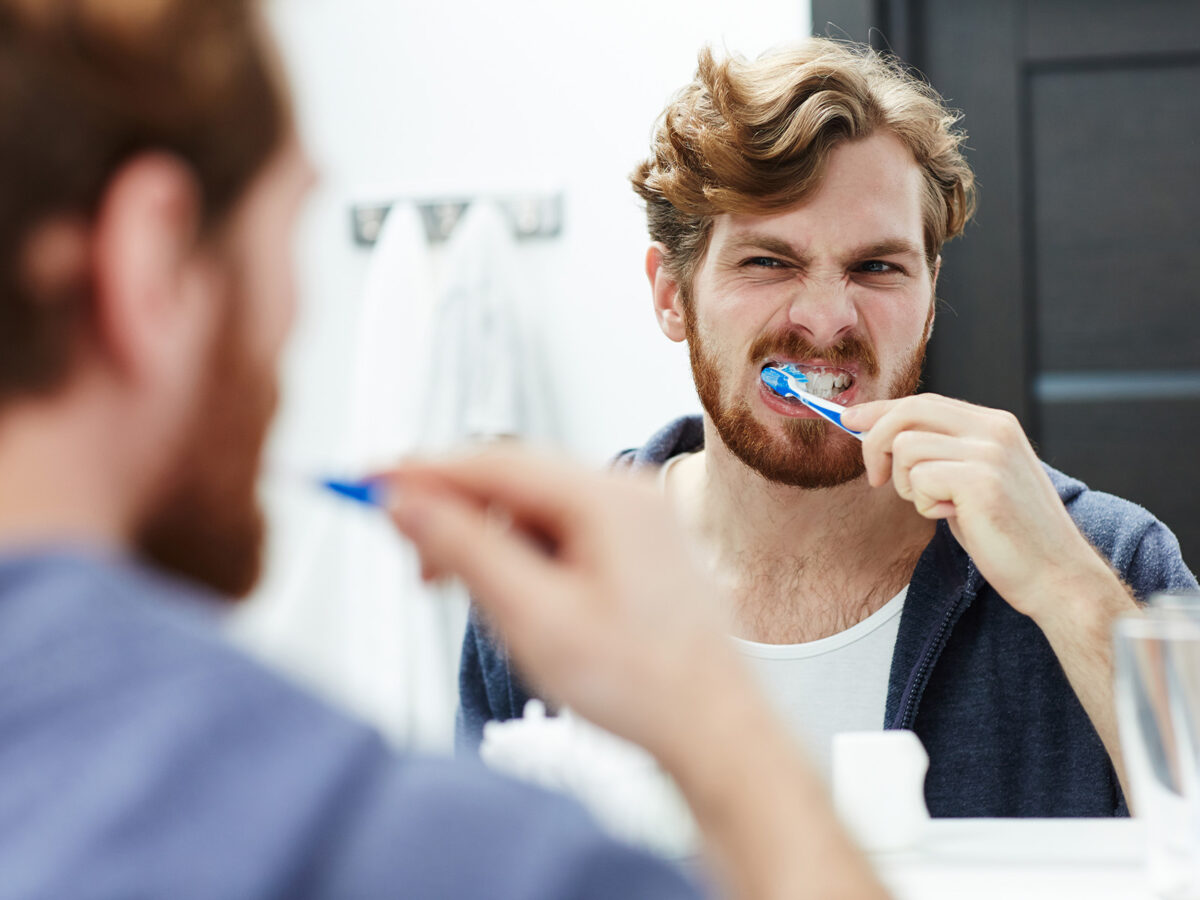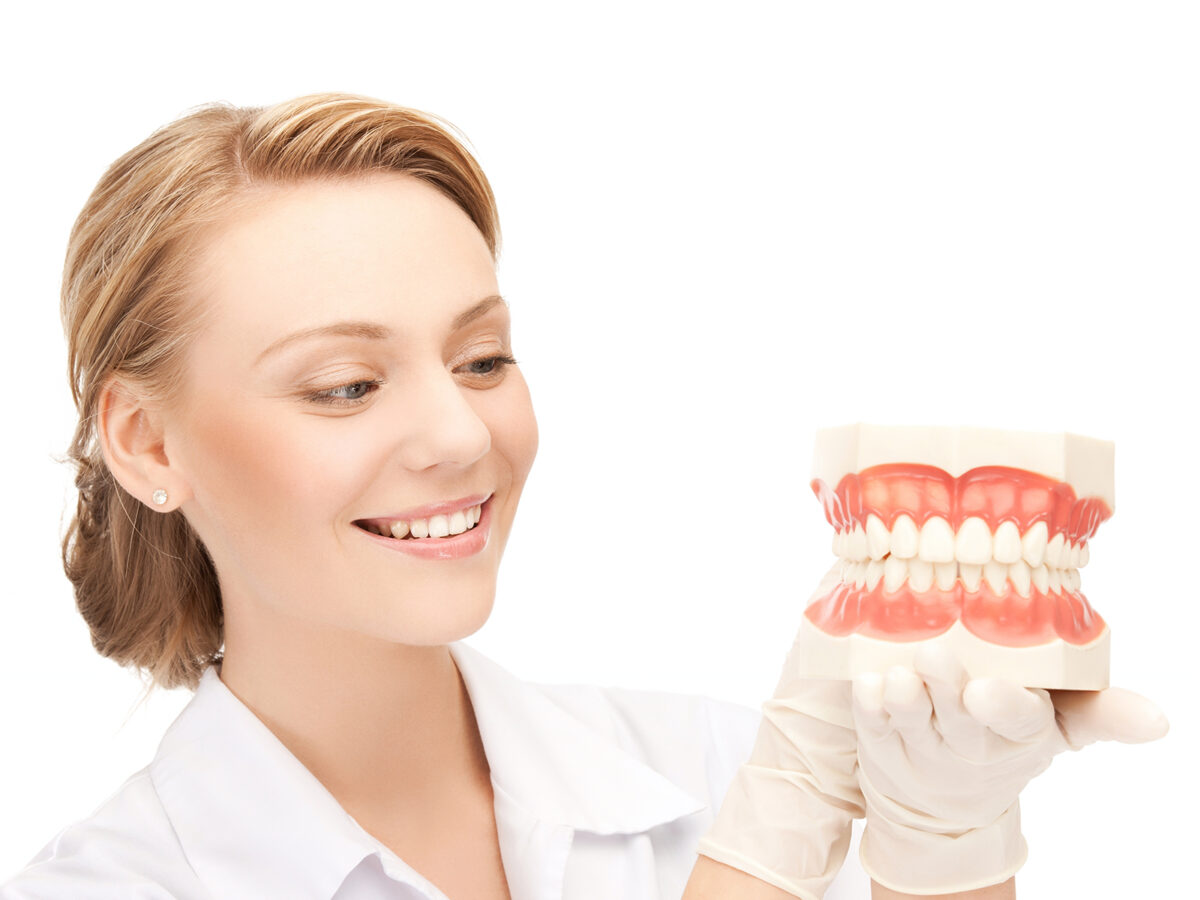We all know that it is essential to brush our teeth, but did you know it is possible to over-brush your teeth? Dentists feel that it is possible to over-clean your pearly whites, which has the potential of damaging them more than doing good. As per some studies, almost eighty-eight percent of us go overboard while brushing, leading to the very problem we try to avoid.
It is crucial that you clean your teeth twice a day for proper oral hygiene. But if you feel that brushing them after every meal is also needed, you are in for a surprise. Like everything else, too much of a good thing can be harmful, and here in this article, you will know the reason. So let us find out why over-brushing is terrible for your dentition and how you know that you are overdoing it.
What Are The Risks Of Overcleaning Your Dentitions?
Brushing your pearly whites is not just about how often you clean them but also about “how” you brush them. Over-vigorous or compulsive brushing puts your pearly whites at risk of tooth sensitivity, dental abrasion, and gum recession.
- Dental abrasion by toothbrush – Dental abrasion denotes corrosion of tooth structure or tissue due to contact with any foreign element. If you bite your nail or crack something hard like a nut with your dentition, tailors, carpenters, musicians, etc., are prone to abrasion on incisal dentition due to occupational hazards or habits. When you have such hazards, and you are too enthusiastic about cleaning your pearly whites, your enamel can undergo wear and tear.
- Oral sensitivity – if your enamel has been worn away due to dental abrasion, the nerve endings in the dentin layer get exposed, leading to tooth sensitivity. This sensitivity can give you pain or discomfort when you eat or drink something very hot or cold.
- Gum recession – Over enthusiastic cleaning of the mouth can also cause gum recession which makes the softer cementum in the tooth’s root vulnerable to wear and tear, giving reasons for pain and tooth decay.
Signs of Over-Brushing Your Teeth
If you use hard or medium bristle toothbrushes, you are at higher risk of damaging your pearly whites or gums. A few ways you can make out your teeth are affected due to over-cleaning are:
- Bleeding gums – Every time you spit, if you find a streak of red in the washbasin, it might mean that you are damaging your dentitions by either pressing too hard or using the wrong bristles. Your gums bleed when there is irritation or damage in the thinnest layer of your gums. Further, those with dental implants could have even damaged the gum to the extent that the abutment of your implant is visible.
- Splayed bristles – If your toothbrush looks like it has been put through a wringer, you are most probably overusing them. Splayed and frayed bristles are often indicative of how harsh you are in cleaning your pearly whites (unless the tool is older than three months).
- Sensitive teeth – With too often cleaning of teeth, your enemy can wear away, which leads to oral sensitivity. Enamel is the protective outer coating on your dentitions, and when this gets thinned, your sensitive nerves are exposed. This causes your teeth to feel oversensitive to hot or cold temperatures in the mouth. Your dental professional can tell you if the enamel is damaged and give you suggestions on how to fix it.
- Receding gums – With time, over-brushing will cause your gums to recede, which is evident by darker or dull portions of your teeth getting visible (these are the surface of your tooth’s roots). Once a tooth’s root is exposed, it makes it vulnerable to decay and periodontal diseases. Gums recession is not a reversible process though you can go through some procedures to fix receding gums (they might not be viable for all patients).
Conclusion
It is essential that you brush your teeth twice a day, but the force with which you brush your teeth or the kind of tool you use determines your oral condition. While, as children, we might have been advised to brush our teeth after every meal, it is no longer considered beneficial but rather hazardous. If you feel your dentitions are damaged due to harsh cleaning of the mouth, check with your dental professional on what can be done to fix the problem.


